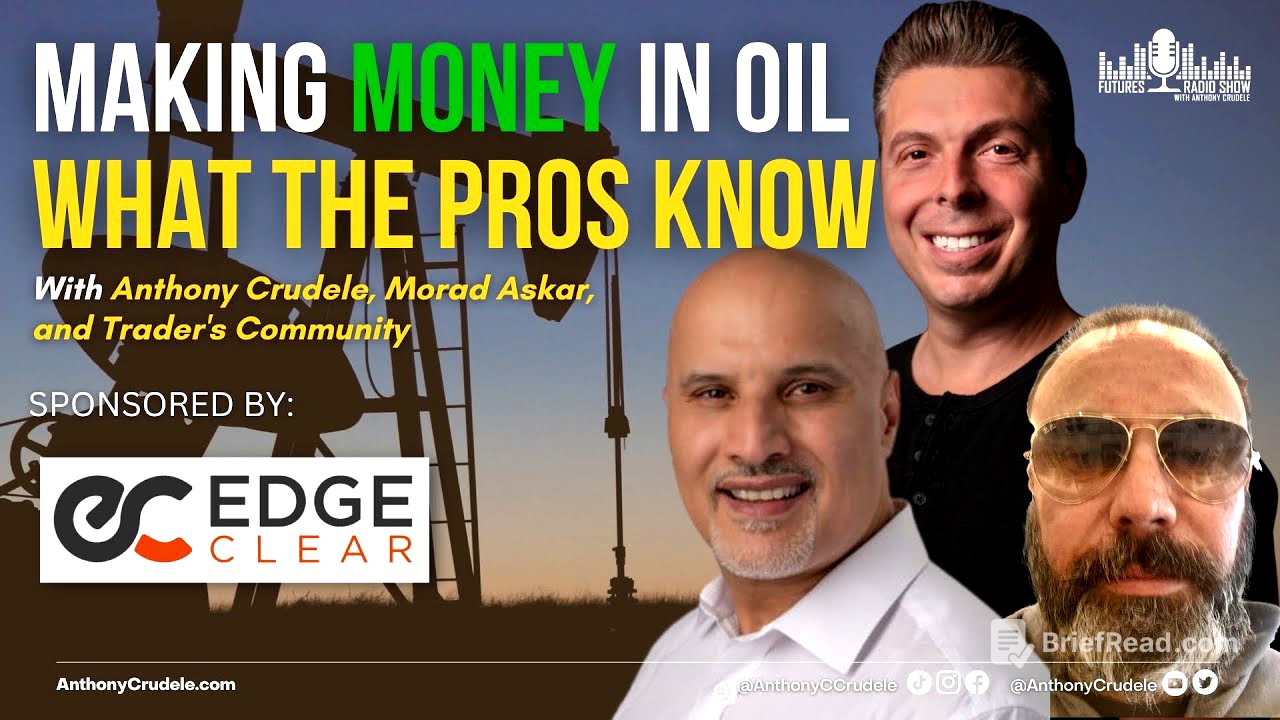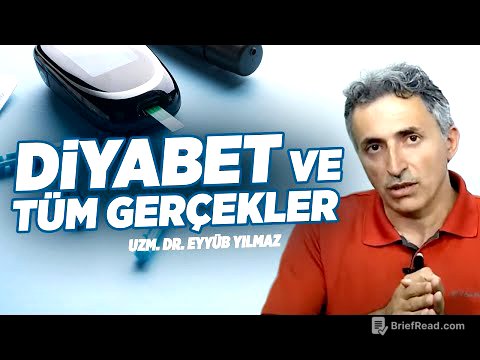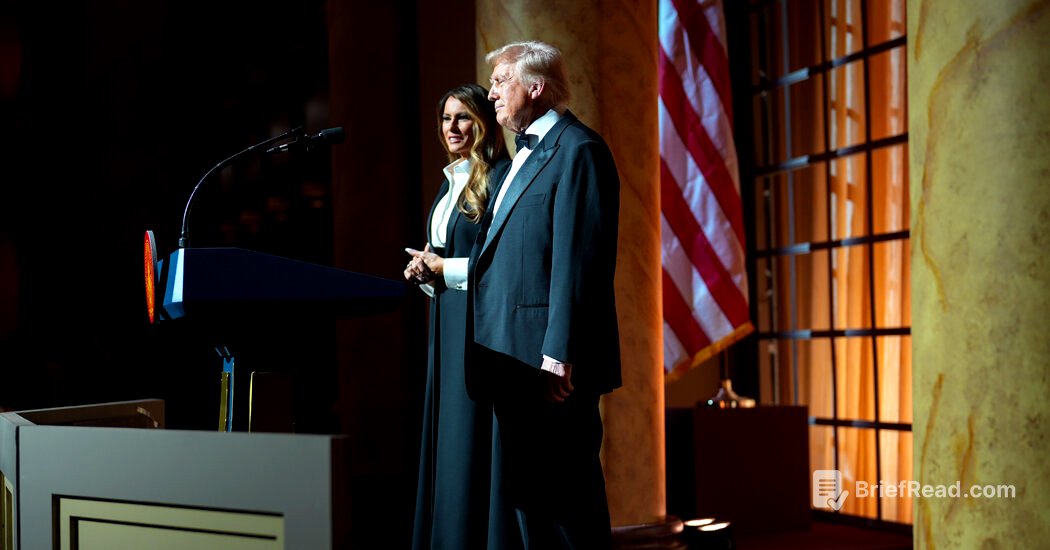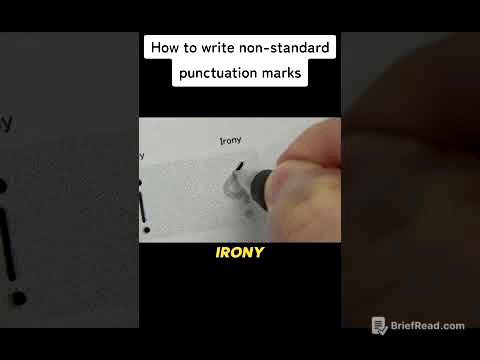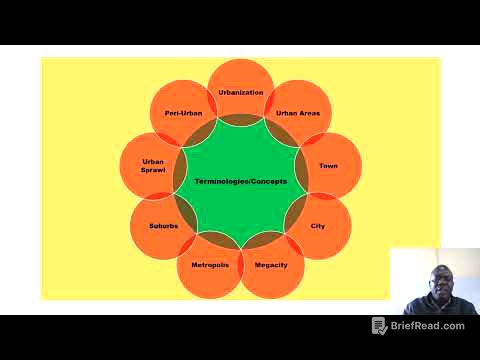TLDR;
This podcast features a panel discussion on making money in the oil and natural gas markets, with insights from experienced traders. The discussion covers the importance of understanding macroeconomics, technical analysis, and risk management, as well as the nuances of trading different energy products. Key points include:
- The necessity of understanding both macro and technical aspects when trading commodities like oil.
- The importance of risk management, including knowing when you're wrong and choosing the right product size.
- Insights into current market dynamics, algorithmic trading, and the influence of major players.
Introduction [0:01]
Anthony Crudele introduces the panel discussion on making money in oil and natural gas markets. The panel includes independent trader Andrew from Traders Community and Morad Askar, founder of EdgeClear. The podcast is sponsored by EdgeClear, offering low introductory rates for futures products. Listeners are encouraged to subscribe to the YouTube channel and participate by asking questions in the chat.
Andrew's Background [2:33]
Andrew shares his background, starting from being a rugby player to trading bonds, currencies, and eventually oil and natural gas in Texas. He notes that many successful traders come from a sports background due to the discipline and competitive nature it instills. He emphasizes the importance of fitness and mental preparation in trading, but also acknowledges the tendency for ex-athletes to be risk-takers.
Macro vs. Technical Analysis in Crude Oil Trading [6:50]
The panel transitions to discussing the crude oil market, noting its technically sound trading behavior recently. Morad emphasizes the importance of following macroeconomics when trading crude oil due to its fundamental and physically delivered nature. He contrasts this with trading the S&P, where one can trade without paying as much attention to macro factors.
The Role of Macro in Andrew's Trading Strategy [10:42]
Andrew discusses how macroeconomics plays into his trading, emphasizing the importance of understanding foreign exchange and bonds. He notes that much of the previously relevant macro data is currently less relevant due to the exit of many players after the market's volatility. He believes that politics significantly impact the oil market, particularly US policies. Andrew uses technical analysis based on crowd behavior, employing Nova wave theory and Murray math to identify trading opportunities.
Advice for Retail Traders Entering the Oil Market [18:31]
The panel discusses advice for retail traders entering the oil market. Andrew stresses the importance of risk management and mental preparation, advocating for a good defense before an attack. He recommends using technical analysis tools that provide quick feedback on whether you are wrong. Morad advises against trading the large CL contract due to its physical delivery aspect and suggests the MCL contract as a less risky alternative.
Product Selection and Risk Management [25:38]
Morad emphasizes the importance of understanding risk and knowing when you're wrong. He challenges traders to understand the math behind indicators like RSI and CCI. He also highlights the importance of liquidity and understanding the auction-based nature of the market. He advises against trading thin energy products due to the potential for stops not triggering as expected.
Fuel Card Giveaway [32:16]
The hosts announce the winners of the fuel card giveaway, a regular event to give back to the trading community. They clarify that while they trade CL, it may not be suitable for all traders, emphasizing the importance of choosing the right product based on financial capacity and skill level.
Current Market Analysis and Trading Strategies [35:38]
Andrew discusses the current market environment, emphasizing that leverage is what kills traders. He differentiates between event risk and market risk, advising traders to avoid positions they cannot afford to move against. He shares insights into algorithmic trading and the importance of understanding market dynamics.
Understanding Market Dynamics and Algorithmic Trading [39:57]
Andrew explains the relationship between interest rates, the US dollar, and crude oil prices. He notes that gasoline prices are politically sensitive and priced against Brent crude. He also discusses the impact of political movements and the efficiency of companies like Exxon due to market pressures.
Morad's Technical Analysis and Market Outlook [46:53]
Morad shares his technical analysis of crude oil, noting the range-bound trading between $70 and $83. He identifies key levels and potential targets based on volume profiles and auction-based trading principles. He expresses curiosity about Andrew's insights on algorithmic trading.
Algorithmic Trading and Market Insights [49:35]
Andrew elaborates on algorithmic trading, categorizing it into pure math, order flow, and news-related algorithms. He notes that crude oil has a clear algorithmic pattern. He also discusses the influence of major players like Vitol and Trafigura, as well as the impact of events like the negative oil price day caused by PetroChina's fund.
Trading Strategies and Risk Management [52:11]
Andrew shares his trading strategies, including using options to manage risk and capitalize on market movements. He emphasizes the importance of knowing when you're wrong and adjusting your positions accordingly. He also advises against trading highly volatile products like boil and cold unless you have a deep understanding of the market.
Final Thoughts and Conclusion [57:20]
The panel concludes by emphasizing the importance of product selection, risk management, and continuous learning. They encourage traders to specialize in specific commodities and stay informed about market dynamics. The hosts thank the guests and audience for their participation and engagement.
